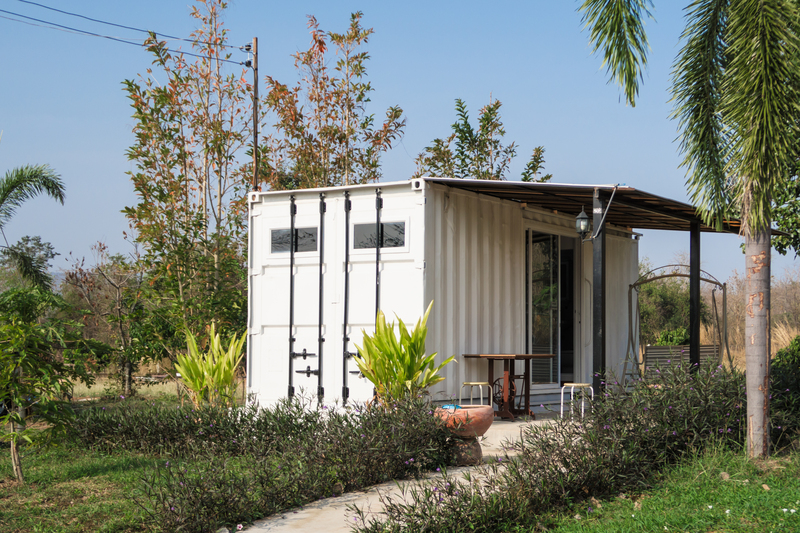As environmental concerns continue to rise, reducing green waste has become a primary focus for households and businesses alike. By effectively managing and minimizing green waste, we not only conserve natural resources but also reduce the strain on landfills and contribute to a healthier planet. In this article, we simplify green waste reduction with top tips you need to start implementing today.
Understanding Green Waste
Before diving deep into the strategies for green waste reduction, it's crucial to understand what it encompasses. Green waste typically includes:
- Grass clippings
- Tree branches
- Leaves
- Flowers and plants
- Fruit and vegetable scraps
Originating from gardens and yards, green waste is recyclable and has the potential to be reused in several beneficial ways.

Top 10 Tips for Simplified Green Waste Reduction
1. Start a Compost Bin
One of the simplest ways to reduce green waste is by starting a compost bin. Composting helps transform green waste into a rich, nutrient-dense soil conditioner. By composting, gardeners can reduce waste significantly and enrich their garden soil naturally.
2. Grasscycling
Instead of collecting and bagging grass clippings, leave them on the lawn after mowing. This practice, known as grasscycling, allows the clippings to decompose and return nutrients to the soil. This not only reduces waste but also contributes to a healthier, greener lawn.
3. Use Mulch
Convert yard waste like leaves and branches into mulch. Mulching helps conserve soil moisture, suppress weeds, and maintain soil temperature. The use of mulch is an effective way to reduce waste while improving garden health.
4. Compostable Bags for Yard Waste
Consider using compostable bags for collecting and disposing yard waste. These bags break down faster than traditional plastic bags and contribute to composting processes, ensuring every part of the cycle stays environmentally friendly.
5. Schedule Regular Yard Maintenance
Regular yard maintenance reduces the buildup of green waste. By planning periodic cleaning and trimming, you can ensure that garden waste stays manageable, making it easier to incorporate into a compost system or dispose of responsibly.
6. Plant Native Flora
Planting native flora in your garden can significantly reduce yard waste over time. Native plants require less pruning and maintenance compared to non-native plants, resulting in less green waste generation.
7. Use a Chipper for Large Waste
Invest in a chipper for large garden waste like tree branches. This equipment can shred large debris into small, manageable pieces that can either be composted or used for mulching.
8. Create a Worm Farm
Organic kitchen scraps make great worm food. By creating a worm farm, you can convert your organic waste into vermicompost, a highly effective natural fertilizer for your plants.
9. Adopt Creative Reuse Methods
Utilize green waste in creative ways. For example, fallen leaves can be used to create art projects, and old branches can be used as plant stakes or trellises. These methods help in reducing waste while providing resources for creative endeavors.
10. Educate and Involve the Community
Involving your local community in green waste reduction efforts can amplify your impact. Organize local workshops or participate in community gardening projects aimed at educating and raising awareness about the benefits of reducing and reusing green waste.

The Benefits of Reducing Green Waste
By implementing these tips, the benefits of reducing green waste extend beyond mere environmental impact:
- Cost Savings: Lower waste disposal costs and reduce the need for commercial fertilizers.
- Promotes Biodiversity: Composting helps support a rich ecosystem in your garden, encouraging beneficial microbes and insects.
- Resource Efficiency: Makes use of available materials ensuring minimal wastage.
Conclusion
Reducing green waste can be straightforward and highly rewarding. By integrating these green waste reduction tips into your daily routine, you'll play a significant role in conserving resources and protecting the environment. Start small, involve the community, and see the positive change your efforts can make.
For more information, always refer to local guidelines regarding appropriate waste management and composting regulations to ensure compliance and maximize effectiveness.